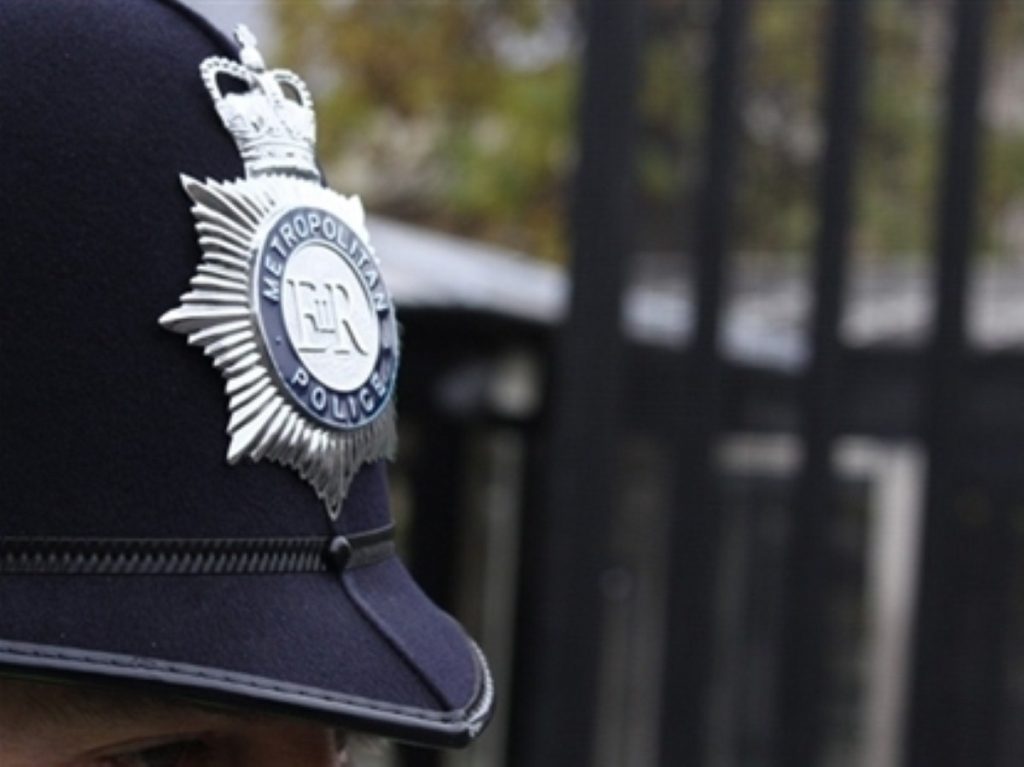Police to get charging powers
By politics.co.uk staff
Police officers will regain the ability to press charges in thousands of minor criminal cases, new home secretary Theresa May announced today.
In her first major speech in her new job, Ms May told the Police Federation’s annual conference that she will take away the right of the Crown Prosecution Service (CPS) to decide on whether to proceed in every criminal case.
She said: “I believe that it is necessary that we give those frontline police officers more discretion in what they’re doing so that we give them back more powers to charge people.


“What we have seen is an awful lot of people and a lot of police officers saying that actually victims have felt that a lot of cases weren’t being taken through, a lot of people weren’t being charged, and police officers have felt that they have done the job, they’ve known what was happening, they have identified the perpetrators of crime and yet nothing has happened and I think we need to restore the right balance.”
The home secretary added: “It’s actually about saying to police officers that we trust them to do the job they’ve been trained to do and the public expects them to do.”
The Labour government removed charging powers from the police in 2003.
Shadow home secretary Alan Johnson responded: “The Conservative home secretary may talk about a whole new approach to policing but their intention to introduce elected commissioners would immediately politicise police operations, undermining the basic principles of policing in this country which have existed for over 200 years.
“Theresa May said she wants to listen to the police but if she did she would already know that at every level the police vehemently oppose these proposals.”
It is expected that the police will be able to press or drop charges in all cases which are only heard by magistrates (‘summary’ offences) or in ‘either-way’ offences which can be tried by either magistrates or a crown court.
The CPS will retain rights on charging on more serious offences which are automatically heard in the crown court.
The move comes as part of a promised government crackdown on what it sees as police bureaucracy.
Police minister Nick Herbert told the conference yesterday: “We must look at wasteful public spending, bureaucracy and industrial sums of money that have been wasted on make-work [and] non-job measures that includes policing quangos – the bodies that get in the way of what police professionals want to do.”









